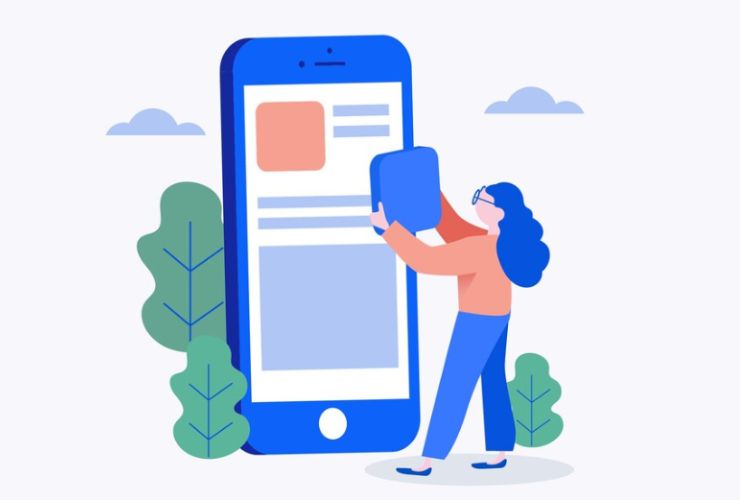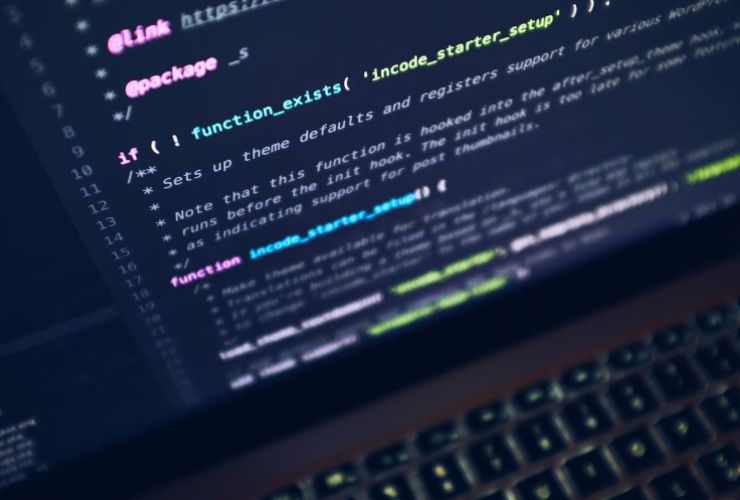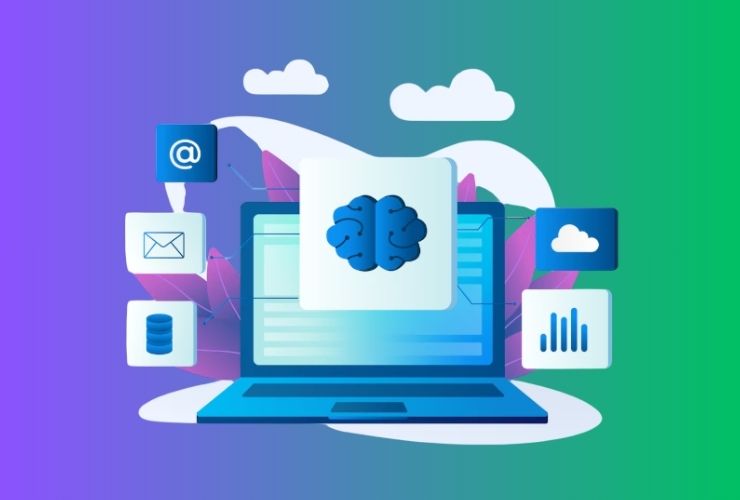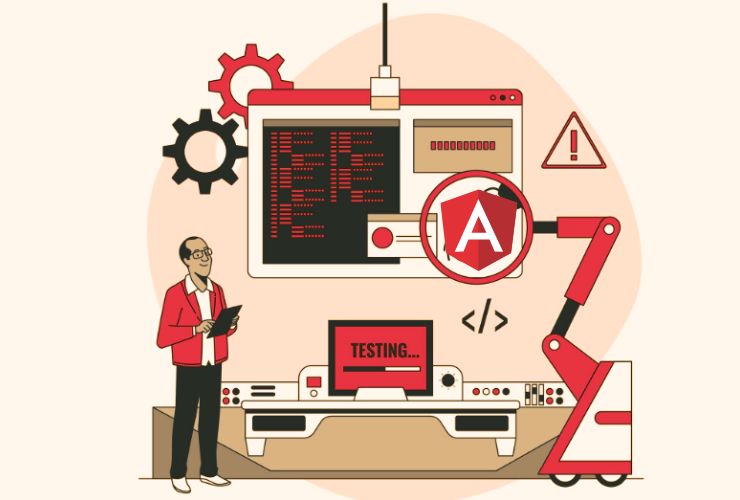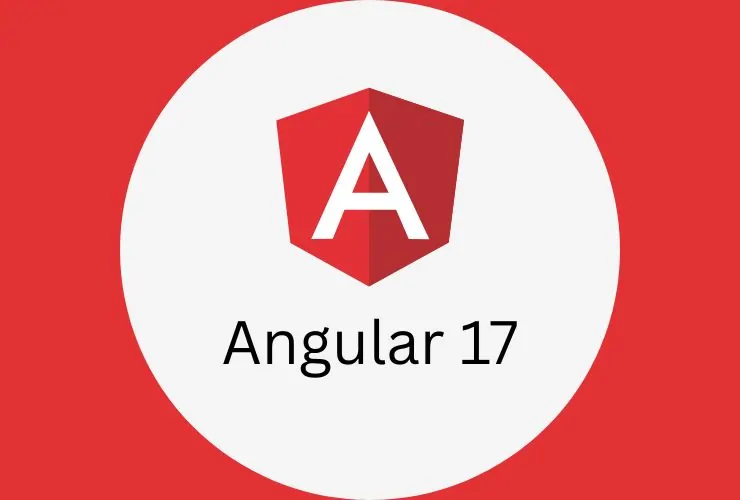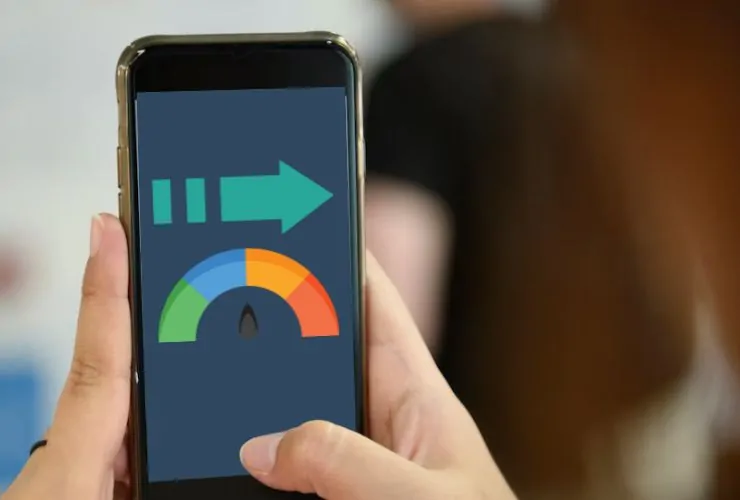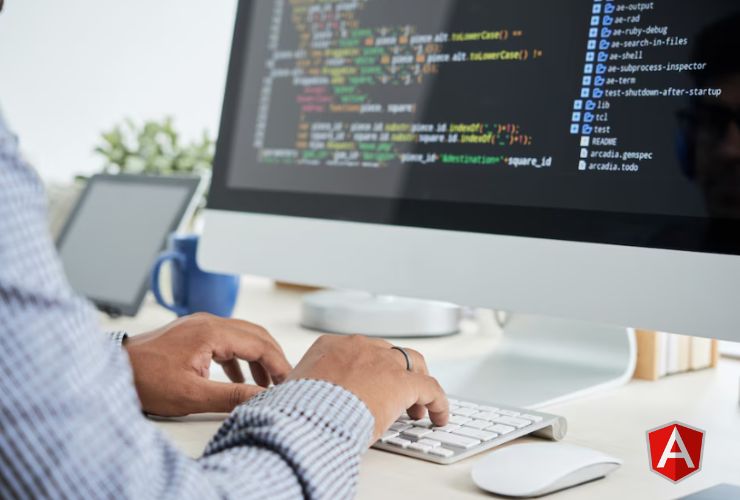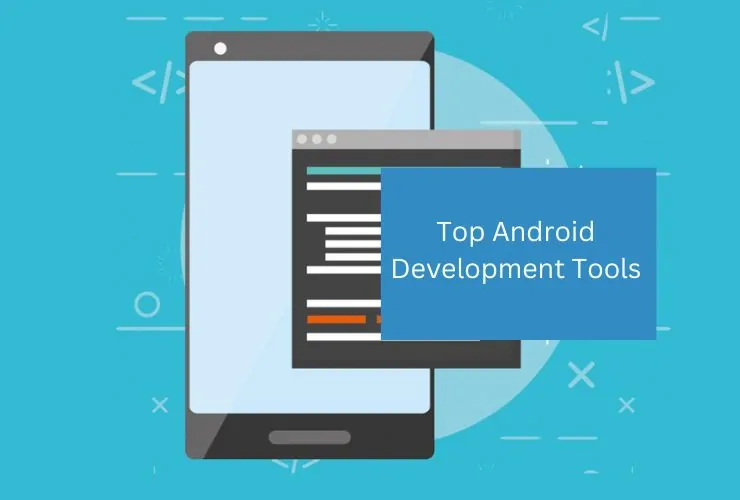Guide to Finding and Hiring Skilled Android Developers
In the mobile-first age, when customers are accustomed to having quick, smooth, and visually appealing apps, a technically sound Android app is the key to attaining a competitive edge. Your app, however, is only as good as the developer who creates it. Selecting the right Android developer is a crucial decision in developing your app to be technically sound and aligned with your business goals and user needs
Whether you’re a first-time entrepreneur building your first MVP or a product manager at an enterprise business managing a redesign, this comprehensive guide will take you through the whole hiring process—from planning to post-launch.
1. Define Your Project Requirements
Spend a bit of time defining your project before interviewing developers or posting job ads. Clear definition guarantees that you hire the right people and establish proper expectations from the beginning.
Begin with these:
- What is the main purpose of the app?
- Who do you have in mind as your user base?
- Which features are essential versus nice-to-have?
- Are you going to develop a native Android application or a cross-platform one like Flutter or React Native?
- What is your target development and launch timeline?
- How much do you budget for development?
Having a clear, short project brief, like user stories, screen flow, and technical requirements, will save time in the hiring process and the development stage.
2. Choose an Appropriate Hiring Model
Different projects call for different hiring models. It is important to know which hiring model will meet your needs in order to avoid misaligned expectations, delayed delivery, or over expenditure.
Freelancers are ideal for small one-off work, MVPs, or if you want to test an idea without long-term commitment. Freelancers are flexible and are typically cheaper but lack regular availability and disorganized processes.
In-house developers are suitable for companies that create long-term products with repeated development needs. They offer better control and interaction at a higher cost in the modes of wages, compensation, recruitment, and retention.
Development agencies would suit firms that want a turnkey solution from design to implementation. Agencies enable more sets of abilities to be introduced, such as project management, UI/UX design, QA, and backend assistance. This model may be more expensive and offer less day-to-day control, however.
Based on the scope and sensitivity of your project, internal technical capability, and extent to which you wish to work with development hand-in-hand, choose accordingly.
3. Key Skills and Experience
An ideal Android developer is not merely a code writer. You need a balanced individual or team possessing technical skills and product understanding.
Key technical skills are:
- Kotlin and Java proficiency, with emphasis on contemporary Android development practices
- Android Studio know-how, Gradle build system familiarity
- Android SDK and Jetpack components (ViewModel, LiveData, Navigation, DataStore, Room, etc.) proficiency
- Responsive and intelligent UI implementation experience following Material Design guidelines
- REST API, GraphQL, and third-party library or SDK integration experience
- Asynchronous programming familiarity (Coroutines, RxJava)
- Clean Architecture or MVVM design pattern familiarity
- Firebase and similar tools familiarity for analytics, push notifications, and authentication
- Good experience with version control tools like Git
- Knowledge of performance optimization and best practices in mobile security
Do not neglect soft skills like:
- Clear and proactive communication
- Time management and task prioritization
- Flexibility to adapt to changing needs
- Problem-solving and debugging mindset
Team collaboration, particularly if collaborating with designers or backend developers
4. Review Portfolios and Previous Work
Resumes and technical skills are worth something, but portfolios provide you with concrete evidence of a developer’s ability. When considering a developer’s previous work, look for:
- There are real-world Android apps out there on the Play Store today
- Smooth user experience and refined appearance
- Performance in different network or device scenarios
- UI logic and architecture simplicity if code is included
- Apps that are applicable to your industry or desired functionality
Ask follow-up questions about their role in each project, challenges faced, and specific contributions. If possible, download and test their apps yourself to get a firsthand impression of quality and performance.
5. Assess Candidates Through Technical Tests or Interviews
You must ensure that candidates are able to convert requirements into clean, scalable code. Depending on your internal capabilities, have one or more of the following tests:
- A brief take-home test, i.e., developing a small application or a module with form handling, API invocation, and state management
- A live coding assignment where the candidate writes code for a real-life problem while articulating their reasoning
- Detailed interviews on Android architecture, lifecycle management, multithreading, dependency injection, and edge case management
- With a design decision focus—how they design testing, error handling, modularity, and performance
- Use coding websites like HackerRank or Codility, or your own individual assessment based on actual features your app will require.
6. Reference Checks and Online Feedback
Although a coder does well on technical tests, their professionalism and reliability need to be verified as well. Always verify references and online feedback before making a final hire.
For agency collaborators or freelancers, look up profiles on Upwork, Freelancer, or Clutch. For internal positions, request personal referrals from previous employers or clients.
Ask previous clients:
- Was the project completed on time and within budget?
- How did the developer respond to revisions and feedback?
- Were there any problems after the launch?
- How responsive and communicative was the developer?
Don’t hesitate to inquire about red flags or areas of concern— even highly skilled developers may not align with your team culture.
7. Define Communication and Workflow Processes
Your developer can be remote or part of a distributed team. Define expectations from the start regarding how communication and collaboration will function.
Define clarity on:
- Daily or weekly standups
- Project progress tracking tools (Jira, Trello, Asana)
- Communication channels (Slack, Microsoft Teams, email)
- Version control practices and code repository (GitHub, GitLab)
- Continuous branching strategy, code review, and integration
The clearer and more predictable your process, the fewer roadblocks you’ll encounter during development.
8. Define Contract Terms, Deliverables, and Budget
A good contract also protects you and the developer. It should specify:
- Scope and deliverables to expect
- Development timeline and most critical milestones
- Payment terms—whether hourly, milestone-based, or fixed-fee
- Rights to source code and intellectual property
- Confidentiality and non-disclosure terms
- Expectations regarding bug fixing and maintenance support
- For agencies, also define project manager involvement, communication frequency, and access to the development team.
In comparison, don’t always choose the lowest cost. Instead, consider overall value—level of skill, responsiveness, reliability, and availability post-launch all carry great importance.
9. Plan for Ongoing Maintenance and Support
App development doesn’t end at launch. You’ll need long-term support for:
- Bug fixes and crash resolution
- Updates for new Android OS releases and devices
- Feature upgrades or UX improvements based on user feedback
- API changes or third-party library updates
- Security patches and performance optimization
Discuss post-launch availability and support terms with developers in advance. Some offer retainer packages, while others prefer hourly post-launch support. Be sure this is discussed upfront to avoid being left without technical help once the app is live.
About Us
Every successful app begins with the right team behind it. At Empirical Edge, we bring together skilled engineers, product thinkers, and design strategists who understand that mobile development is as much about user impact as it is about code. With years of experience delivering Android and cross-platform solutions across industries, we step in as partners—not just providers. Whether you’re building a product from scratch or scaling an existing one, our approach is grounded in technical precision, honest collaboration, and a commitment to long-term value.
Looking for the right development partner? Connect with us to build high-performing Android apps tailored to your goals.

